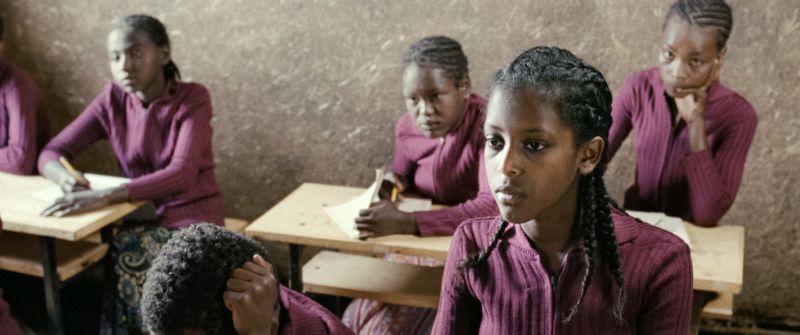Film
Justice for victims of rape

Kiran is 13 years old when she is brutally raped by three men from her village after a wedding party. She tells her parents, who immediately go to the police to bring the perpetrators to justice. The documentary film “To Kill a Tiger” sensitively charts the emotional journey and legal process that follows.
Kiran’s father Ranjit is a rice farmer in the East Indian state of Jharkhand. He works hard to give his wife Jaganti and their seven children as good a life as possible. Nothing is more important to Ranjit than a secure, self-determined future for his offspring: “I don’t want them to be as powerless as I’ve been. I want people to see that even through poverty, I taught my children well and gave them good values.”
Victim blaming and social stigma
This is where he finds the strength and determination to stand up for his daughter, despite massive pressure from those around him. The village community is against taking the case to an independent court; it wants to settle the matter “internally” by forcing Kiran to marry one of the perpetrators. Ranjit encounters growing hostility and even receives death threats. Conversations between neighbours descend into classic victim blaming: Kiran herself is to blame for the rape – what was she doing at the wedding so late? Shouldn’t Ranjit have done more to protect his daughter?
Sexualised violence continues to be a huge problem in India – as it is in many other countries. According to the National Crime Records Bureau, 90 rape cases a day were reported in 2022. Human-rights organisations estimate that the number of cases that go unreported is many times higher. The laws against rape have been tightened in recent years but they are actually rarely applied, partly because victims continue to face social stigma and blame.
Originally, the film was supposed to be a portrayal of the women’s rights activists who help Kiran’s family. They regularly visited the village and provided emotional and legal support. But during filming, Canadian-Indian director Nisha Pahuja decided to focus on Kiran and Ranjit’s story.
With considerable empathy and striking imagery, Pahuja succeeds in making the horror of the crime, the complexity of its aftermath and the family’s inner conflicts tangible. Ranjit is no foolhardy hero but constantly struggles with himself and his environment. Several times it seems as if he is about to give up. Similarly, Kiran is not reduced to being a victim. Her testimony in court, for which she confronts her deep-seated trauma, is an act of self-empowerment.
Hope for change
Ultimately, she makes a decisive contribution to the landmark judgement that sentenced each defendant to 25 years in prison. Since it was delivered, the number of rapes reported in the region has doubled.
So, the film gives hope. It demonstrates how functioning institutions and laws can be long-term drivers of gender equality and social change, both in India and elsewhere. But “To Kill a Tiger” also shows that justice for rape victims is not something that can be taken for granted. It calls for people with a great deal of courage and perseverance. Which is one of the reasons that in the film, Ranjit compares the road to justice with killing a tiger.
Kiran, whose real name is not revealed, is now an adult and has agreed to the film being released. After its premiere in 2022, “To Kill a Tiger” won numerous awards at international film festivals and received an Oscar nomination for best documentary film. In March 2024, Netflix acquired the rights to the film and currently broadcasts it in various languages worldwide.
Film
To Kill a Tiger, 2022, Canada, 2 h 8 min. Director: Nisha Pahuja.
Konstantin Auwärter wrote this article as part of his internship at D+C/E+Z studying International Relations and Communication at the University of Erfurt.
euz.editor@dandc.eu















